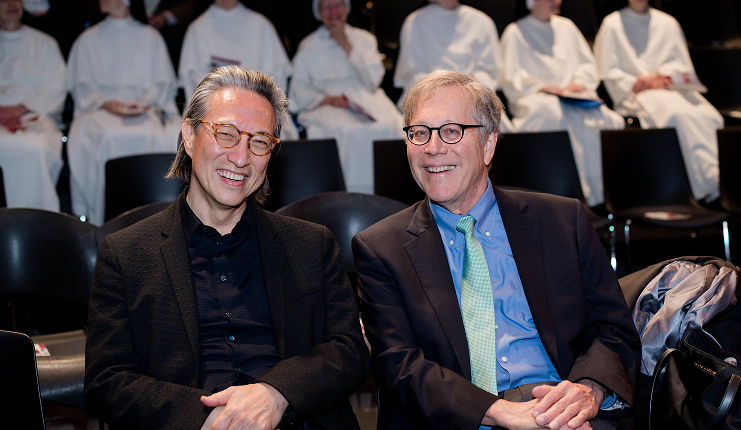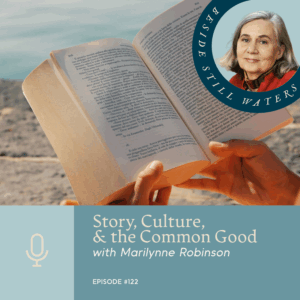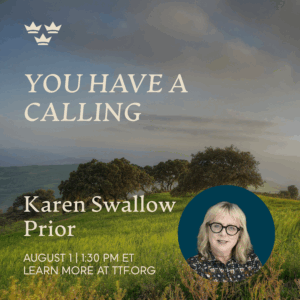The Best in Christian Thinking for the Common Good
FEATURED
TOPICS TO EXPLORE
Human Flourishing in a Digital Age
Engaging with Creation, Arts & Literature
Guided by Faith in the Public Square
Pursuing Spiritual and Character Formation
Upholding Human Dignity in Turbulent Times
Wisdom from Theology and History
Subscribe
Get email updates on opportunities to connect Christian thinking to our common life today.
LATEST
LATEST
Join the Trinity Forum Community
Learn More about Trinity Forum Membership
Learn how being part of our community can help you apply Christian wisdom to renew our culture today.


